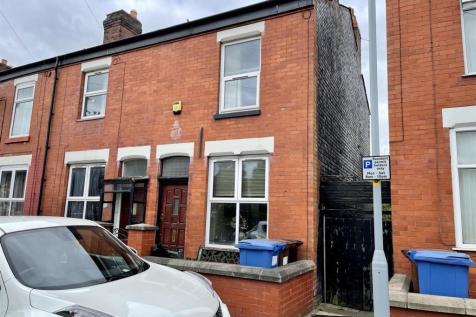The process of buying a house can take between approximately 3-6 months in total. The national average for conveyancing transactions is 12 weeks. Therefore a main factor for speeding up the process is choosing an excellent conveyancing solicitor in Stockport.
How long it takes to buy a house varies from house to house and there are things to consider before even getting to the conveyancing stage for example finding a property you wish to purchase, putting in an offer and waiting for it to be accepted and arranging a mortgage.
Once this process is done and you instruct a conveyancing solicitor, there are steps that can take time such as searches. Depending on the Local Authority, the Local Authority search can take up to 6 weeks. Your mortgage offer also has an impact on how long it takes to buy a house, the quicker your mortgage lender takes to provide the mortgage offer to your solicitor the better.
How to speed up the process of buying a house
Choosing a solicitor with a great reputation and known for getting the conveyancing process done more efficiently and quickly than the national average can significantly speed up the process. There are also things you as the seller can do to assist your conveyancer in speeding up the conveyancing process.
For example, if your conveyancer is waiting to hear from your mortgage lender then it will help if you call them directly and follow up, as you are a customer of theirs. Another useful tactic to help with speeding up how long it takes to buy a house is to speak with the seller via the agent.
Unfortunately your conveyancer cannot speak with your seller directly, however good news is, your agent can! If your solicitor is waiting to hear from your seller solicitors then by speaking to the agent, not only can they also chase the sellers solicitors but they can also speak with your seller directly which will help speed up the process.
How much is stamp duty?
How much is stamp duty is a question everyone thinks about when going through the process of buying a property. The answer to how much stamp duty is completely dependent on your transaction and purchase price.
Why is stamp duty different depending on the transaction?
The UK government determines how much is stamp duty depending on the value of your purchase property, purchase date and whether you’re a first time buyer or multiple home owner.
The most common question is how much is stamp duty for me if I’m a first time buyer?
The answer to this is, first time buyers are exempt from paying stamp duty. They will not be called upon to pay anything. Once you’re moving on from your first home and purchasing again you will need to ask how much is stamp duty for me now?
Secondly, I am a multiple homeowner, how much is stamp duty for me?
As a second home owner you will pay 3% on the first 250,000 and then 8% upto 925,000.
As you may know, there has been a stamp duty holiday meaning all purchases prior to the end of June 2021 had no stamp duty to be paid on the first £500,000. This has caused a surge in the property market and exhausted the industry itself due to the high demand. It is estimated 1.3 million buyers paid no tax on their property purchases due to the stamp duty holiday.
What actually is stamp duty?
Stamp duty is a historical tax introduced in 1694 to raise funds for the war which proved to be such a success in raising revenue for the government that we still pay stamp duty today. It is a property transaction tax which must be paid within 30 days of your purchase completion date or you risk repossession of your new property.
Our advice: when purchasing, work out your finances first to avoid any nasty surprises. Utilize the stamp duty calculators available online.
Help keep news FREE for our readers
Supporting your local community newspaper/online news outlet is crucial now more than ever. If you believe in independent journalism, then consider making a valuable contribution by making a one-time or monthly donation. We operate in rural areas where providing unbiased news can be challenging. Read More About Supporting The West Wales Chronicle























